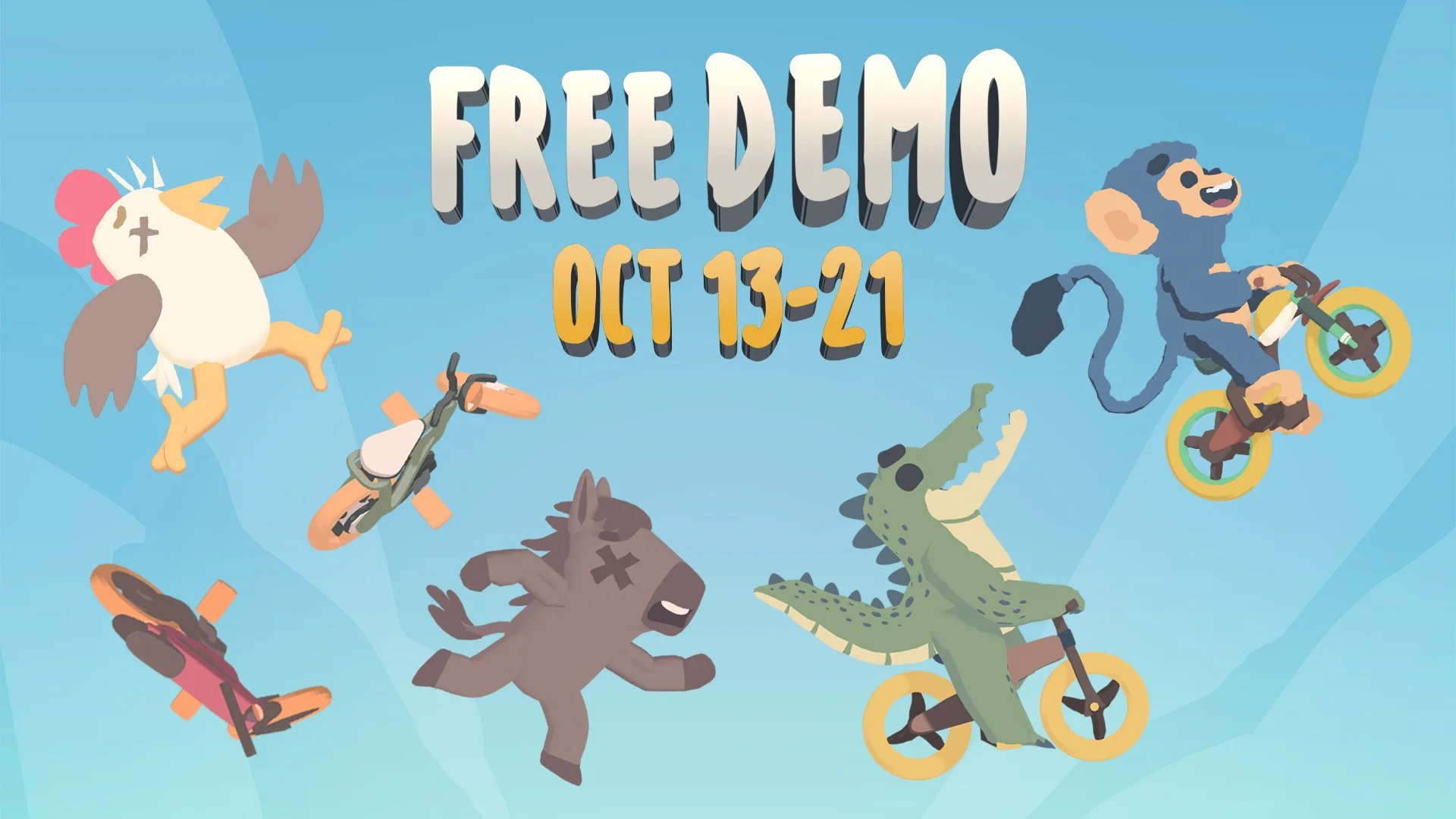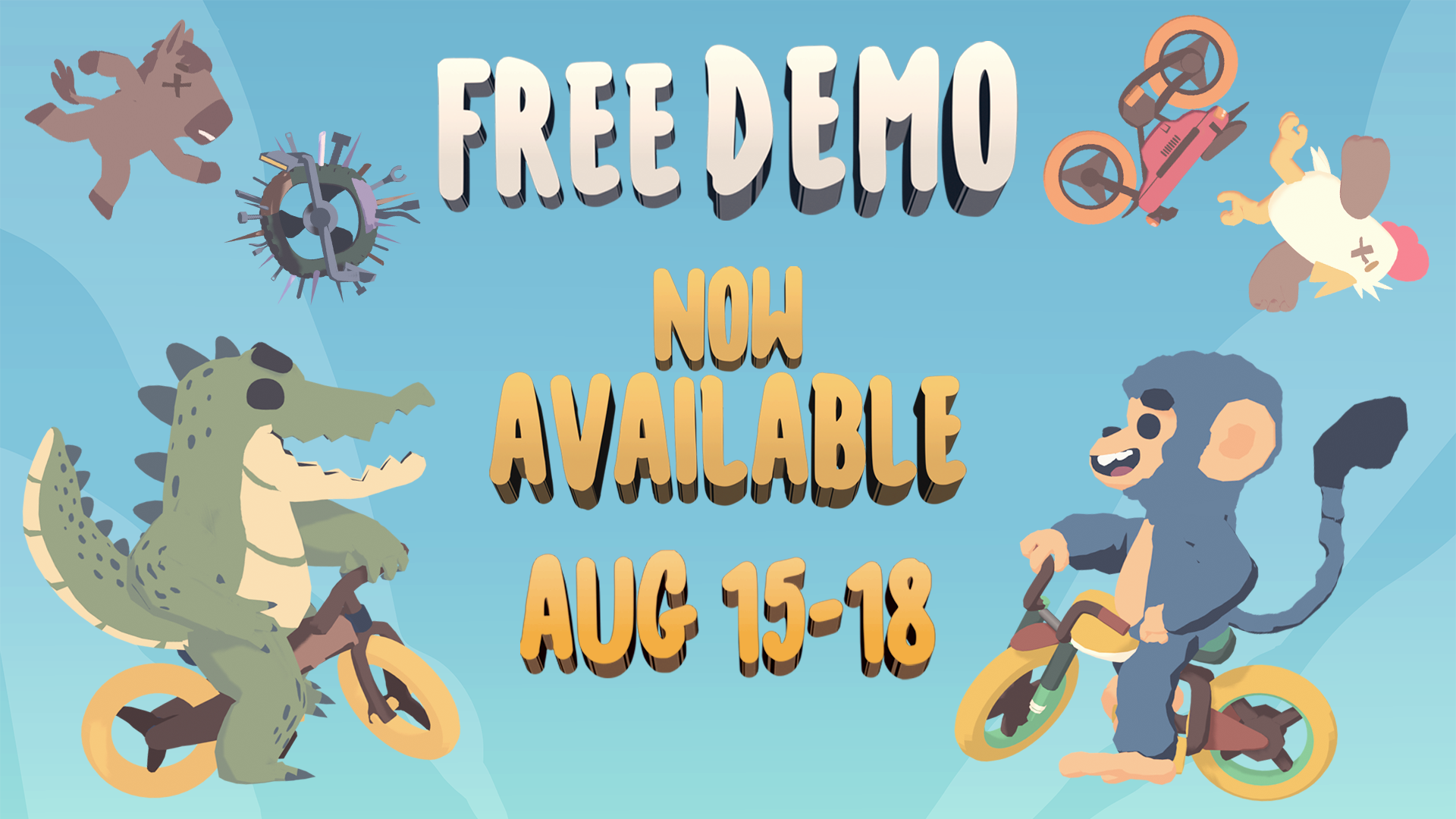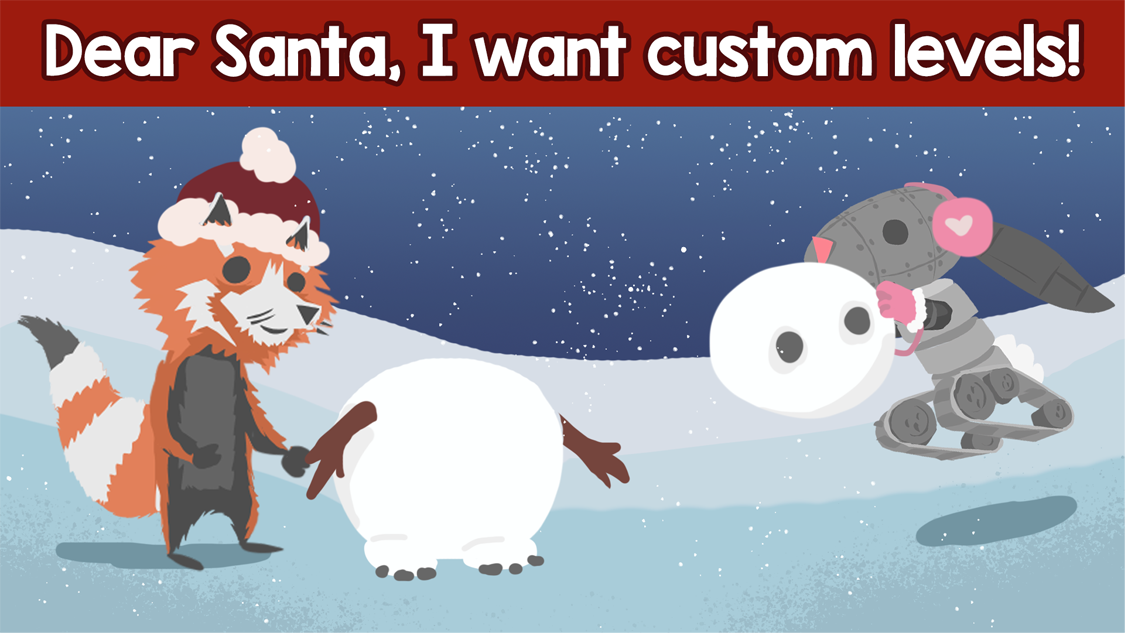The Stand-Up Revisited
/Hello friends!
A while ago, I (Richard, business dude and one of the designers at Clever Endeavour Games) wrote an article about the daily stand-up meeting in Agile Management and some tips on doing it right vs. doing it wrong. The conclusion was, as usual, that there's no solved formula for how to do it and it depends on team size, the dynamic of the employees, the goals of the stand-ups, etc.
Today I wanted to present the "stand-up" that we do at Clever Endeavour Games. We practice a relatively agile (like a young gazelle) management style of production. Our morning stand-ups take place in the form of "Inbox meetings" which happen at 11am, one hour after we get to work. The Inbox is a place in our project management software where we put any idea, thought, discussion, issue, etc. that we want to deal with but needs the input of the whole team. We put them there during the day, and discuss them in the next Inbox meeting; if they're urgent then we'll interrupt work to discuss them.
So every morning, we look at the Inbox and we discuss what needs to be discussed. If it takes more than a few minutes to deal with, we make it a task and put it into our sprint or discuss it in a separate meeting. The meeting usually takes about 20 minutes or less, and gets us up to speed on all the new things that have come up, avoiding a longer meeting on Mondays.
We also discuss what we're up to during the day if it's unclear, but seeing as our team is only 4 people it's not as necessary to discuss it each day because we usually have a good idea already of what others are working on.
I found that the traditional "stand-up" didn't do much for us, and there was a need for this sort of review of new issues that have come up. The issue with the traditional stand-up was that the team didn't find the discussion of what happened yesterday to be relevant or useful, and we still do the "what's happening today" portion of it.
Personally, I think there is some use in having the discussion of what was accomplished yesterday because it helps people feel proud of their work, and makes them accountable if they didn't get anything done. Then again, it puts a lot of pressure to be done tasks by the end of the day, and that may or may not be positive. To be determined!
Anyway just wanted to share my thoughts on this and see if the community had different experiences or what they thought of the stand-up.


















